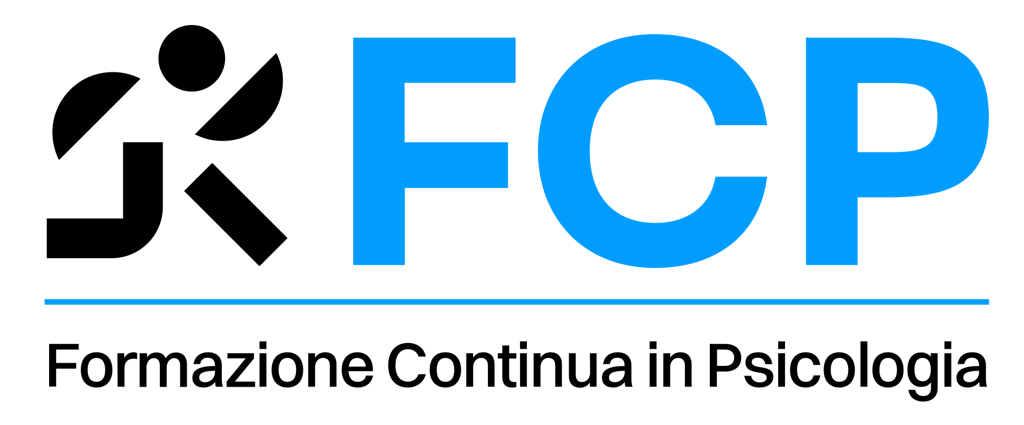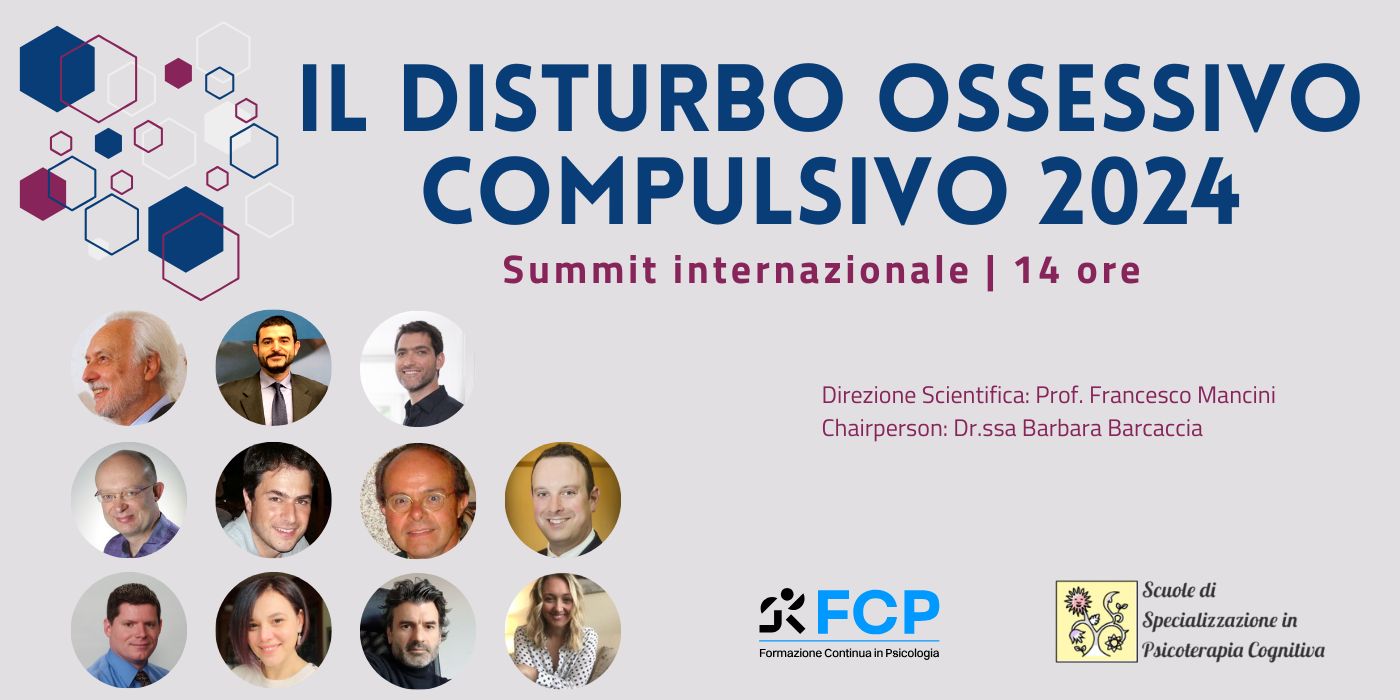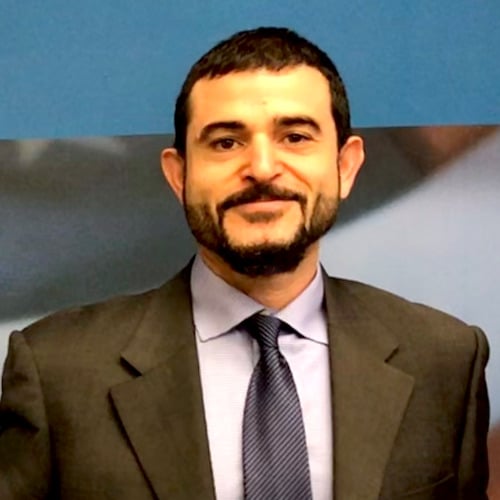Amitai Abramovitch è professore associato di psicologia presso il Dipartimento di Psicologia della Texas State University. È uno psicologo e neuropsicologo clinico autorizzato e un ricercatore presso il Dipartimento di Psichiatria del Massachusetts General Hospital (MGH).
Il Dr. Abramovitch ha conseguito il Master in Neuropsicologia Clinica (Summa Cum Laude) presso l'Academic College di Tel-Aviv e ha conseguito il Ph.D. in Neuropsicologia presso l'Università di Tel-Aviv. Prima di unirsi alla Texas State University, il dottor Abramovitch è stato ricercatore presso il Dipartimento di Psichiatria della Harvard Medical School & MGH e ha insegnato alla Harvard University e alla Harvard Extension School.
Ha pubblicato oltre 50 articoli e capitoli di libri e attualmente fa parte di diversi comitati editoriali di riviste, nonché di conferenze scientifiche nazionali e internazionali e di comitati di sovvenzione. Il dottor Abramovitch è anche redattore associato per diverse riviste, tra cui il Journal of Obsessive-Compulsive and Related Disorders, Frontiers Psychiatry e il Bulletin of the Menninger Clinic.



